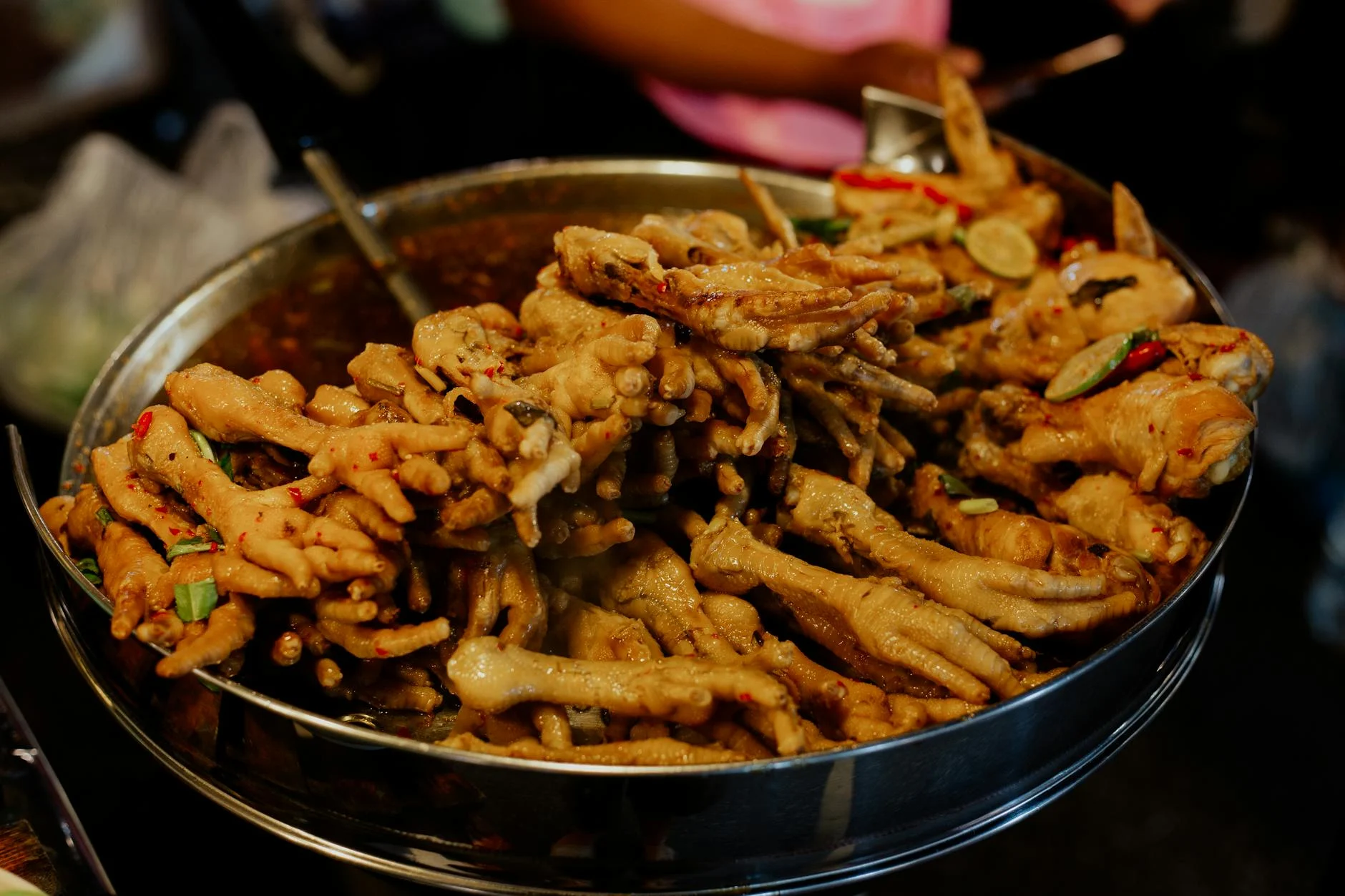As one of the world’s preeminent metropolises, Tokyo’s dining culture has long been measured in numbers — be it restaurant counts or Michelin stars. Indeed, the city earns global acclaim as a gastronomic capital. Yet today, its value transcends star ratings, evolving into a profound culinary platform in which land, culture, philosophy, and technique converge.
What makes Tokyo’s food scene extraordinary is its multi-layered complexity. Rooted in the tradition of washoku, it naturally embraces French, Italian, Chinese, Southeast Asian, and Middle Eastern cuisines — all thriving side by side in daily life. This isn’t simply a trait of an international hub; it reveals a uniquely Japanese adaptability — the ability to absorb, reinterpret, and make something wholly their own.
Furthermore, this diversity does not exist in isolated pockets—it connects across levels. From star-rated fine dining to hidden gem specialists and regional ingredient purveyors, from traditional fermentation artisans to master ceramicists and tea ceremony hosts — Tokyo’s ecosystem is interconnected. Even the most elite establishment is nourished by markets, farmers, craftspeople, and cultural practitioners. These relationships form the deep foundation of Tokyo’s gastronomic identity.

Japanese definitions of deliciousness are now influencing global gastronomy. Techniques of subtraction—paring back elements to enhance natural flavors, an emphasis on umami-centric seasoning, and the artful use of empty space in presentation—reflect a philosophy that views dining not as mere nutrition or luxury, but as an experience and a catalyst for thought. This mindset has resonated with chefs and critics worldwide, sparking a “reverse export” of culinary ideas from Tokyo to the world.
Sure, Tokyo’s abundance of Michelin-starred restaurants is a mark of prestige—but there’s a deeper value unfolding beyond guidebooks. Consider establishments that welcome only a single reservation per day, secret places known only to locals, or experimental kitchens where chefs forage wild mountain plants. These are not driven solely by profit or ratings, but by a fundamental question: What kind of gastronomic experience can we create? It is here, in earnest dedication to this inquiry, that Tokyo’s dining culture stands at the forefront of global gastronomy.
Remarkably, this doesn’t require lavish luxury. Whether it’s a timber machiya home, a six-seat counter tucked away, or a stall in Tsukiji or Asakusa market, Tokyo proves that cultural depth isn’t confined to grandeur. This decentralized aesthetic is democratizing gourmet experiences and shaping a new blueprint for global cities.
At the heart of Tokyo’s culinary allure lies its delicate balance between the everyday and the exceptional. A ¥1,000 lunch of refined French. An evening sharing hand-rolled buckwheat noodles with family. A late-night counter serving oden alongside natural wines. These moments of accessible luxury become an extension of daily life—imparting a unique depth to Tokyo’s gastronomic identity.

Since the COVID‑19 pandemic, Tokyo’s dining scene has faced profound upheaval. Yet through that turbulence, a remarkable strength emerged—gastronomy rooted in human connection. The resilience of food supply chains, the trust of long‑time patrons, spaces imbued with memory, and ties to local communities: rediscovering these foundational elements has sparked a movement toward more introspective, narrative‑driven cuisine and restaurant-making. In an era entering where the value of “food with a story” matters more than Michelin accolades, this shift is pivotal.
Today, Tokyo has become a global learning hub for chefs and culinary talents. Here tradition meets innovation, and anyone can find opportunity. Even without speaking Japanese, passion and sincerity open doors. The mastery of washoku, the warmth of home cooking, the nuance of fermentation, and the subtlety found in ceramicware and space—all of this continues to captivate and inspire the next generation of international chefs.
The day when Tokyo’s gastronomy truly leads the world is no longer far off. Not through competing star ratings—but through conveying lifestyles and ideas via food. When dining becomes an act of cultural immersion, a sensory expansion, and a meeting point for people, Tokyo stands poised to become the metropolis at the heart of a new era’s taste-making.




